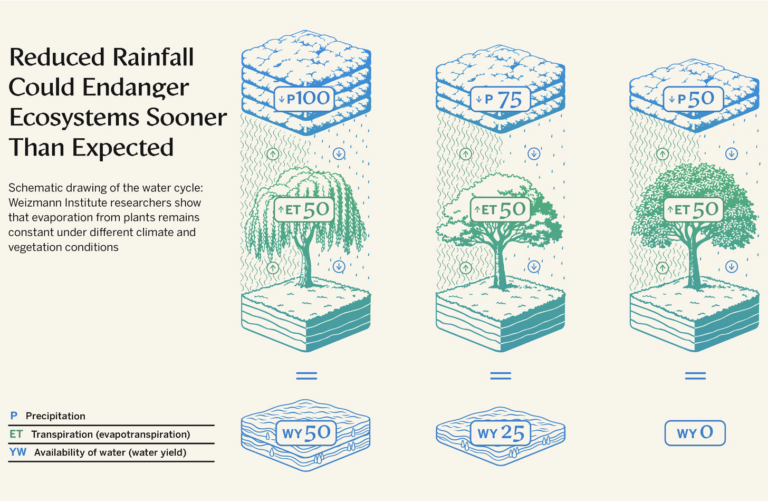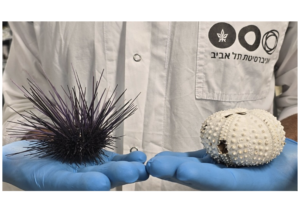Mobileye, Transdev, Lohr: strategic collaboration to develop and deploy autonomous shuttles

Mobileye, an Intel Company, Transdev Autonomous Transport System (ATS), part of Transdev Group dedicated to autonomous mobility solutions; and Lohr Group, a mobility solutions manufacturer, today announced a strategic collaboration to develop and deploy autonomous shuttles. The companies are integrating Mobileye’s self-driving system into the i-Cristal electric shuttle, manufactured by Lohr Group, with plans to integrate it into public transportation services powered by fleets of self-driving shuttles across the globe, starting in Europe.
“Our collaboration with Transdev ATS and Lohr Group serves to grow Mobileye’s global footprint as the autonomous vehicle (AV) technology partner of choice for pioneers in the transportation industry,” said Johann Jungwirth, vice president of Mobility-as-a-Service at Mobileye. “Mobileye, Transdev ATS and Lohr Group are shaping the future of shared autonomous mobility, and we look forward to bringing our self-driving solutions to regions all over the world.”
“This collaboration between Transdev ATS, Lohr Group and Mobileye will enable to deploy autonomous vehicles in public transportation networks at scale, thanks to the combination of the complementary cutting-edge technologies and strong industrial expertise of the three partners,” said Patricia Villoslada, executive vice president of Transdev ATS. “Together we will bring new mobility solutions to reality in the next coming years.”
“The collaboration between Transdev ATS, Mobileye and Lohr Group is set to provide fully industrialized autonomous shuttles at scale to support the urban autonomous vision,” said Marie-José Navarre, vice president of Lohr Group. “Our common goal is to quickly provide to clients autonomous shuttles that could be easily and efficiently implemented in cities.”
By integrating the autonomous i-Cristal shuttle into Transdev’s existing mobility service networks, the companies aim to improve the efficiency and convenience of mass transportation solutions. Autonomous mobility can be woven into the fabric of transportation networks to distribute service when and where it’s needed, while also optimizing the fleets, lowering transportation costs and improving customer experiences.
Over the next year, Mobileye will work with Transdev ATS and Lohr Group to integrate and deploy i-Cristal autonomous shuttles leveraging Mobileye’s AV technology, Transdev ATS’s technology and Lohr Group’s industrial expertise. The three companies will initially test vehicles on roadways in France and Israel, aiming to ready technology designs for production by 2022. The companies expect to deploy self-driving i-Cristal shuttles in public transportation networks by 2023.
Through the collaboration, Mobileye and Transdev ATS will bring their technologies into the electric i-Cristal shuttle, manufactured by Lohr Group, which features space for up to 16 passengers and is fully accessible via a ramp. The shuttle can travel at speeds up to 50 kilometers per hour and is designed to safely and efficiently operate within today’s public transportation networks with Transdev ATS’ solutions. These solutions integrate Transdev ATS’ technology like the AV Supervision and expertise in deployment and operation services for public transportation operators and cities. The objective is to allow self-driving technology to become a daily reality.
Mobileye’s self-driving system is a turnkey AV solution that delivers safety via two core concepts: Mobileye’s formal Responsibility-Sensitive Safety model for the safety of the system’s decision- making, and a perception system featuring True RedundancyTM whereby two independent subsystems (cameras and radars+lidars) combine to enable robust perception. The self-driving system can also be deployed without geographical limitation thanks to Mobileye’s Road Experience ManagementTM AV mapping technology through which a proprietary, crowdsourced AV map of the global road network is created and then continuously and automatically updated using data gathered from mass-market advanced driver-assistance systems.






